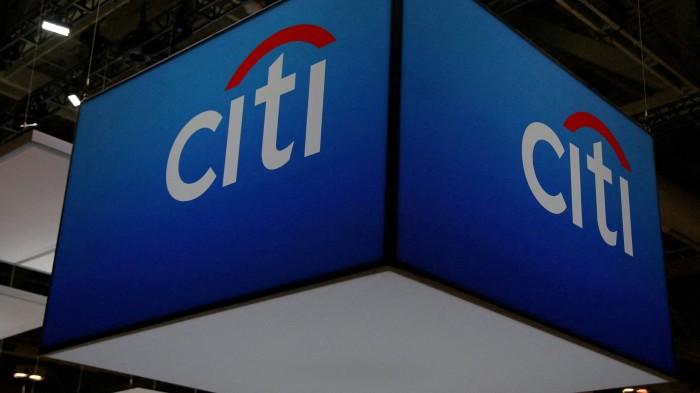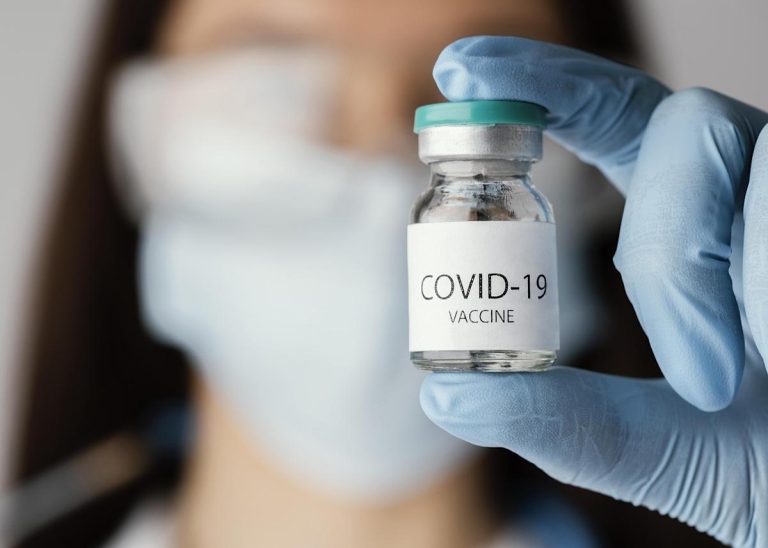Unlock the White House Watch newsletter for free
Your guide to what Trump’s second term means for Washington, business and the world
Citigroup is poised to increase provisions for potential bad loans by hundreds of millions of dollars for the second quarter, in a sign of growing financial stress among US consumers and businesses.
“Given the macro environment [and] cost of credit compared to last quarter, we expect to be up a few hundred million dollars,” Citi’s head of banking Vis Raghavan told investors at a Morgan Stanley conference on Tuesday.
The increase comes amid concerns that Donald Trump’s tariffs will slow US economic growth or even cause a recession. The levies may also raise the prices of some products — notably on imported goods from China, hitting consumers.
Consumer sentiment has darkened in the US as an increasing number of Americans worry about their financial wellbeing. It has, however, stabilised as the world’s two largest economies, the US and China, work to draw up a deal to resolve their trade war.
A Conference Board measure of consumer confidence rose to 98 in May, up from 85.7 in April, although it remained below the 110 reading from when Trump won November’s presidential election.
Raghavan said he was reassured by the fact that its credit card loan book was geared towards customers with higher credit scores. Citi is one of the largest retail lenders in the US and took a $2.7bn provision for credit losses in the previous quarter.
The former JPMorgan banker added that he was also “incredibly reassured” by the credit quality of the bank’s corporate clients, with 80 per cent of its exposure being to high-grade issuers.
Executives at other banks have said US consumer activity seems to be holding up surprisingly well despite the uncertainty created by Trump’s threat to impose high tariffs on imports from many countries.
“It’s quite possible that there will be some kind of slowdown, but we hope it’s not too meaningful,” Wells Fargo chief executive Charlie Scharf told the Bernstein conference in New York two weeks ago.
“Both businesses and consumers go into that period relatively strong. So it’s a very, very odd time. It’s very hard to see any kind of trend either way.”
At the end of the last quarter, the industry-wide rate of credit card charge-offs, the proportion of loans deemed to be unrecoverable, rose above the level before the Covid-19 outbreak.







